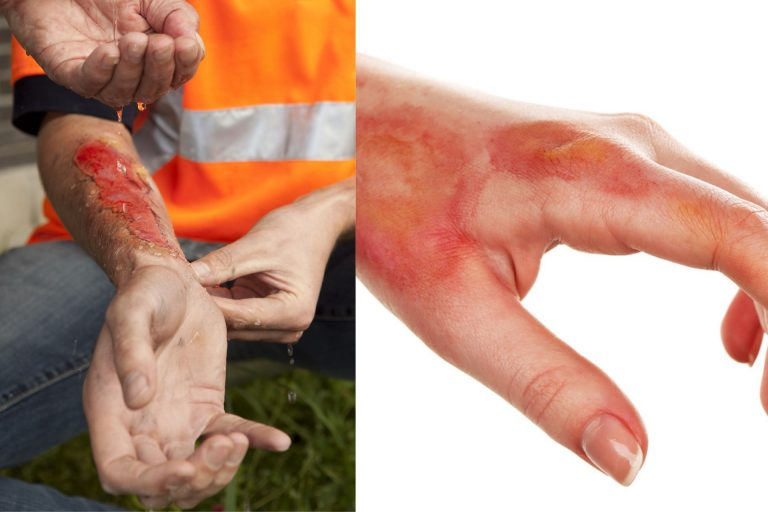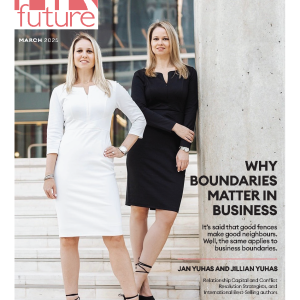The Institute of Risk Management South Africa (IRMSA) has launched its sixth annual risk report, the IRMSA Risk Report South Africa Risks 2020.
Our report takes a somewhat different form this year. We conducted a robust “look-back” analysis of the risks included in our risk reports for the last five years (2015 to 2019) providing insights into the reasons for the majority of those risks materialising in this time and highlighting the new skills and new ways of thinking required for effectively responding to risks in these socio-technical, socio-ecological, and socio-economic systems.
We also evaluated key current developments and forward-looking views and considered the scenarios of our experts. In light of the complex set of risks facing the country, we took an integrated look at what is required to build a risk and resilient country within the context of the three possible IRMSA scenarios.
IRMSA’s analysis took into account the scenarios of three respected scenario planners—Indlulamithi, Clem Sunter and Frans Cronje.
All four scenarios paint a similar picture, with three broadly similar possible scenarios. They are: Perpetual Hangover, which essentially involves continuing as we are; Fake It Till We Make it … Or Not, characterised by lofty goals that are not backed up by taking the hard decisions; and Spring of Hope, which relies on all South Africans taking individual and collective control to build a new national consensus.
The report then goes on to identify the top 12 risks and what actions need to be taken to support positive outcomes. We hope that this approach will help leadership in both the public and private sectors, risk practitioners and the public at large to conceptualise not only the risks we face, but also what the consequences of our decisions will be.
IRMSA research polled 585 risk experts and decision-makers across multiple industries in both the public and private sectors to investigate the top risks. From these conversations, the cross-cutting concern that emerged relates to our country’s ability to deliver on mega projects, in a sustainable manner. In this regard, three themes were highlighted:
- Our economic well-being depends on our ability to undilutedly focus on providing electricity/energy to drive our economy; grow our gross domestic product; and provide opportunities for marginalised individuals to participate in the economy;
- Our social well-being depends on our ability to successfully implement the National Health Insurance programme and responsibly redistribute land, both of which could have multiple benefits for the rest of our economy;
- The above (and many other critical projects in our country) depend on our ability to put the right people in the right jobs. As one expert explained, “It is not that we do not have the skills, it is that we are unable to unleash them in the right roles to build our future.”
These three themes cross-cut the top 12 risks identified in the report:
- Sparseness of unified ethical and visionary leadership.
- Continuing private and public governance failures.
- Failure to root out deeply entrenched corruption.
- Changes in legislation and regulations.
- Ill-conceived National Health Insurance policy and/ or sub-optimal implementation.
- Ill-conceived land reform policy and/or sub-optimal implementation.
- Failure to develop, attract and/or retain talent.
- Extreme weather events, natural disasters and climate change.
- Insufficient electricity and/or energy.
- Disruptive technologies.
- Cyberattacks, data fraud and data theft.
- Failure, delay and/ or sub-optimal implementation of economic reform initiatives.
The report identifies risk treatment options to be taken for each of these risks.
IRMSA Risk Report 2020 also includes an assessment of skills needed by risk professionals, and the initiatives the Institute is taking to help upskill the industry to meet the challenge.
The final section of the report features advice from leading South Africans as to how we can all work together to turn things around, and make the Spring of Hope scenario a reality.
This is more than a report, it’s a blueprint for action.
Follow this link for the full Risk Report eBook: https://files.irmsa-techlibrary.org.za/riskreport2020/
Christopher Palm is the Chief Risk Advisor at IRMSA.














































































